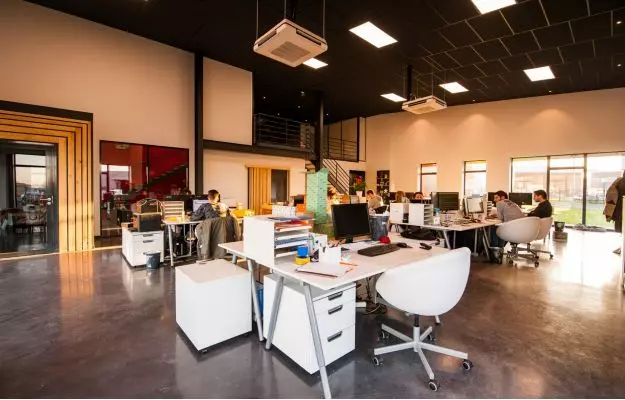Workplaces are designed for collaboration and teamwork. Unfortunately, these same qualities make them a potentially dangerous environment during the COVID-19 pandemic. This is because COVID-19 is a new coronavirus infection that spreads easily and quickly in crowded places.
Offices bring people from all parts of the city or town in close proximity to each other. This makes it even more important that offices become extra careful (and understanding), to let people work from home when they are even slightly sick. Additionally, while this pandemic lasts, offices will have to respond quickly and effectively if one of their staff or visitors tests positive for COVID-19.
As the government lifts the lockdown little by little, the Ministry of Health and Family Welfare on 18 May issued “guidelines on preventive measures to contain the spread of COVID-19 in workplace settings”. Here’s a look at the guidelines and the rationale behind them:









































